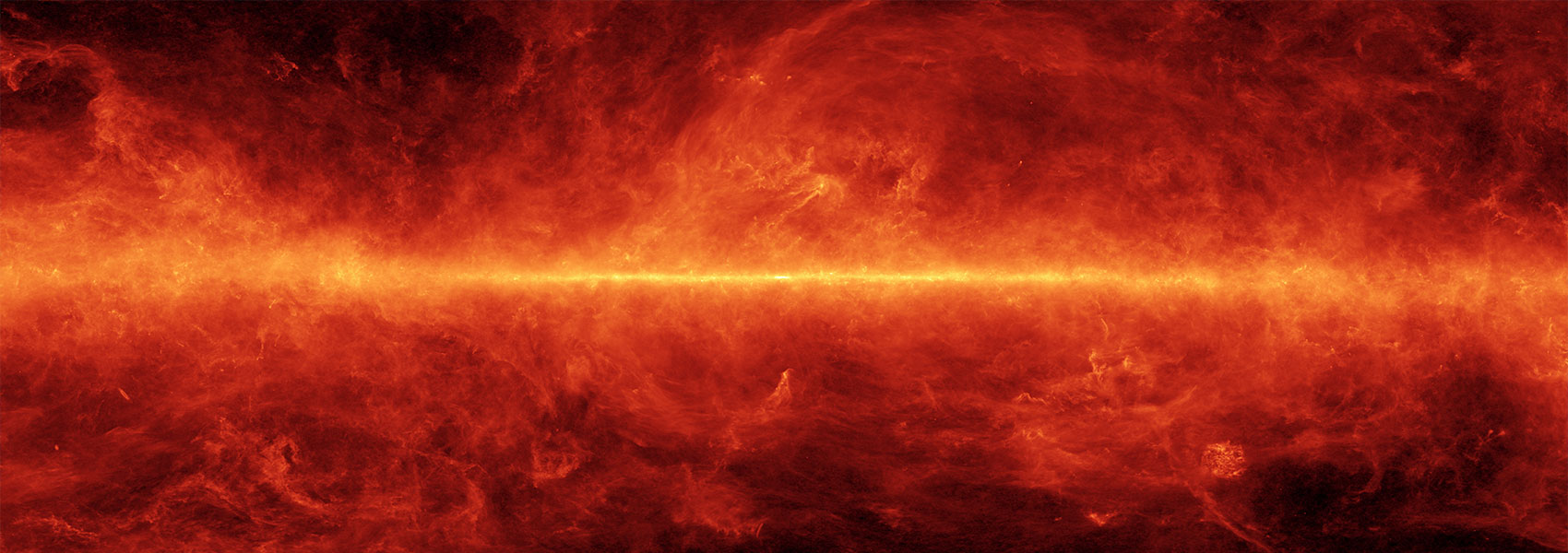
Uncorrelated measurements of the cosmic expansion history and dark energy from supernovae
May 2005 • 2005PhRvD..71j3513W
Abstract • We present a method for measuring the cosmic expansion history H(z) in uncorrelated redshift bins, and apply it to current and simulated type Ia supernova data assuming spatial flatness. If the matter density parameter Ωm can be accurately measured from other data, then the dark-energy density history X(z)=ρX(z)/ρX(0) can trivially be derived from this expansion history H(z). In contrast to customary “black box” parameter fitting, our method is transparent and easy to interpret: the measurement of H(z)-1 in a redshift bin is simply a linear combination of the measured comoving distances for supernovae in that bin, making it obvious how systematic errors propagate from input to output. We find the Riess et al. (2004) gold sample to be consistent with the vanilla concordance model where the dark energy is a cosmological constant. We compare two mission concepts for the NASA/DOE Joint Dark-Energy Mission (JDEM), the Joint Efficient Dark-energy Investigation (JEDI), and the Supernova Accelaration Probe (SNAP), using simulated data including the effect of weak lensing (based on numerical simulations) and a systematic bias from K corrections. Estimating H(z) in seven uncorrelated redshift bins, we find that both provide dramatic improvements over current data: JEDI can measure H(z) to about 10% accuracy and SNAP to 30% 40% accuracy.
Links



